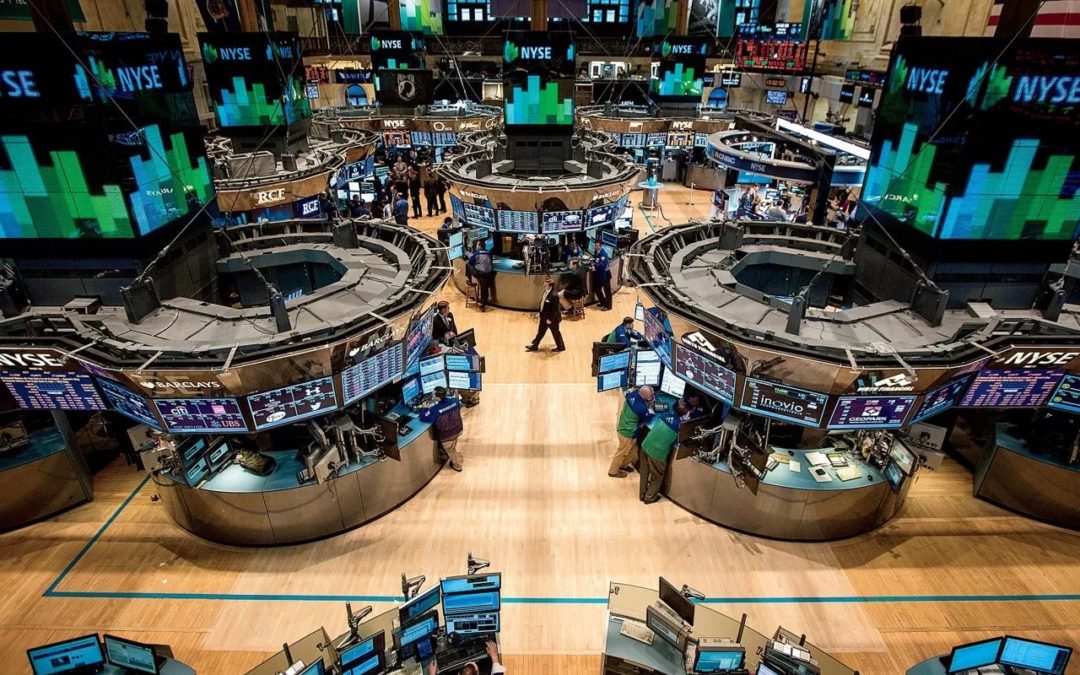
Is Wall Street Pulling a Fast One?
When members of the House Financial Services Committee grilled Mary Jo White, the head of the Securities and Exchange Commission (SEC), all they wanted to talk about was a book: Michael Lewis’s Flash Boys.

When members of the House Financial Services Committee grilled Mary Jo White, the head of the Securities and Exchange Commission (SEC), all they wanted to talk about was a book: Michael Lewis’s Flash Boys.
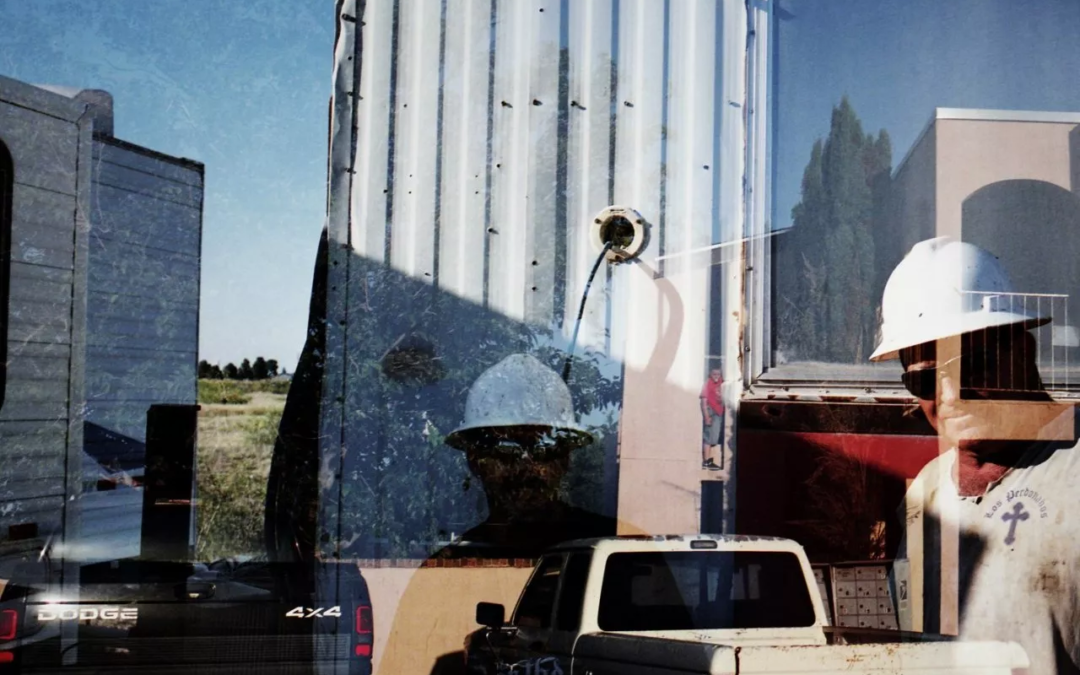
The drilling areas are easy to spot. “In the past few years, it has totally taken over the landscape,” says Gordon, executive director of EcoFlight, a nonprofit that sponsors flights over drill sites, forest clear-cuts and strip mines to educate those who don’t get to regularly see the full impact on the land of the energy-extraction process. “The pristine areas are so few now, they really catch your eye,” he said. “You can’t fly 30 minutes in any direction without seeing the wreckage.”
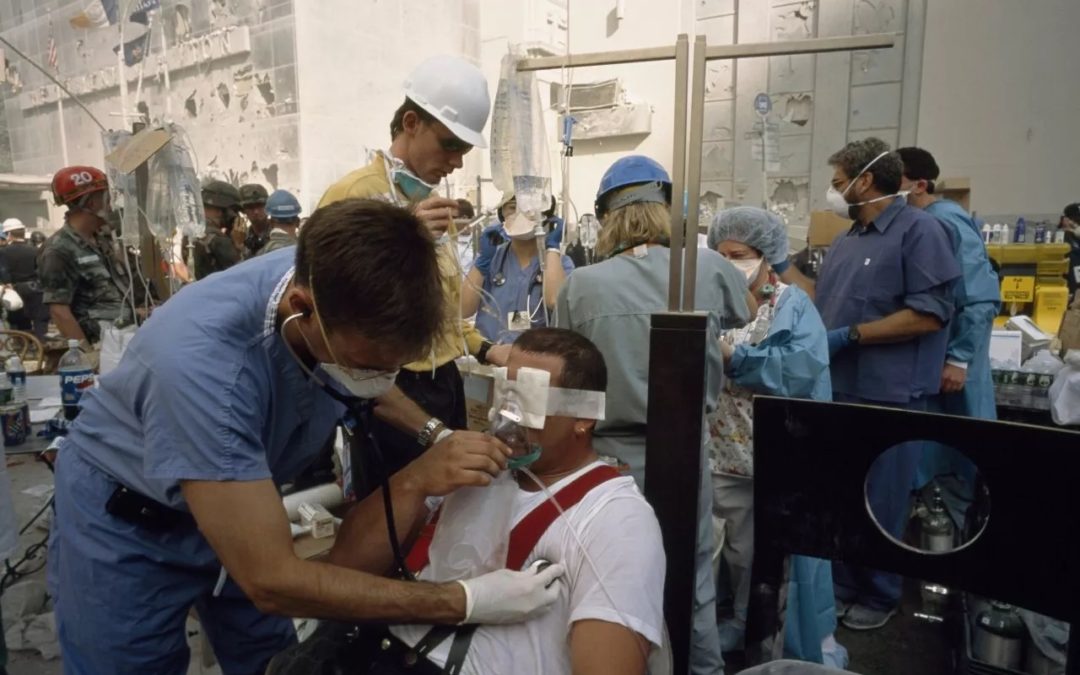
As many as 400,000 people are estimated to be affected by diseases, such as cancers, and mental illnesses linked to September 11. This figure includes those who lived and worked within a mile and a half of Ground Zero in Manhattan and Brooklyn, the vast majority of whom still don’t know they’re at risk. Mark Farfel, director of the World Trade Center Health Registry, which tracks the health of more than 71,000 rescue workers and survivors, says, “Many people don’t connect the symptoms they have today to September 11.”
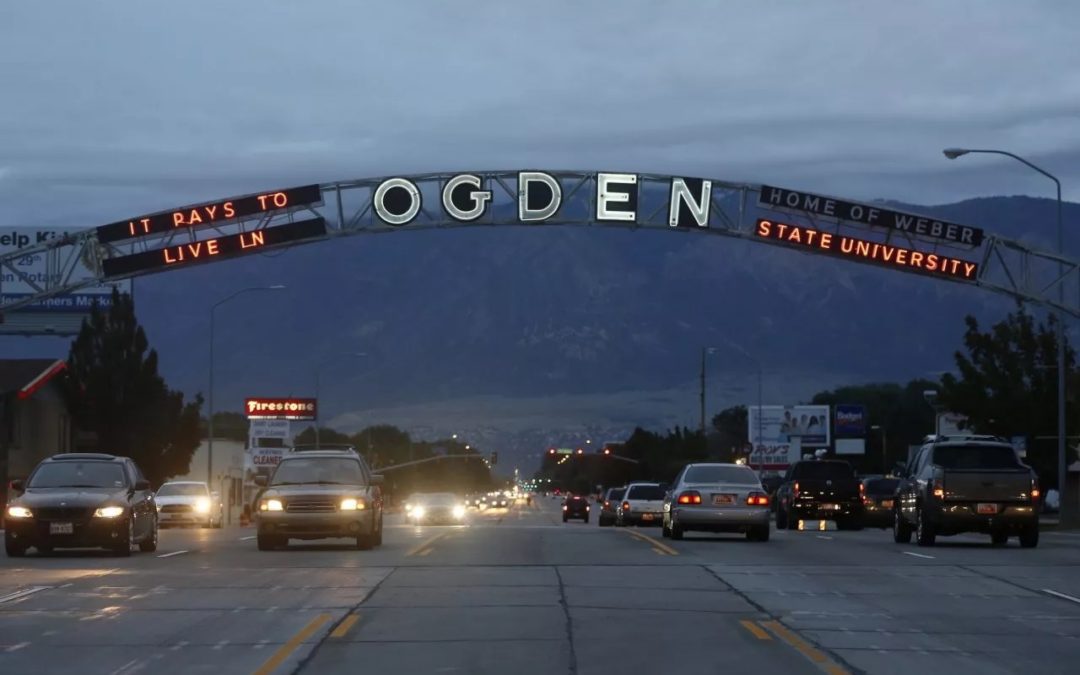
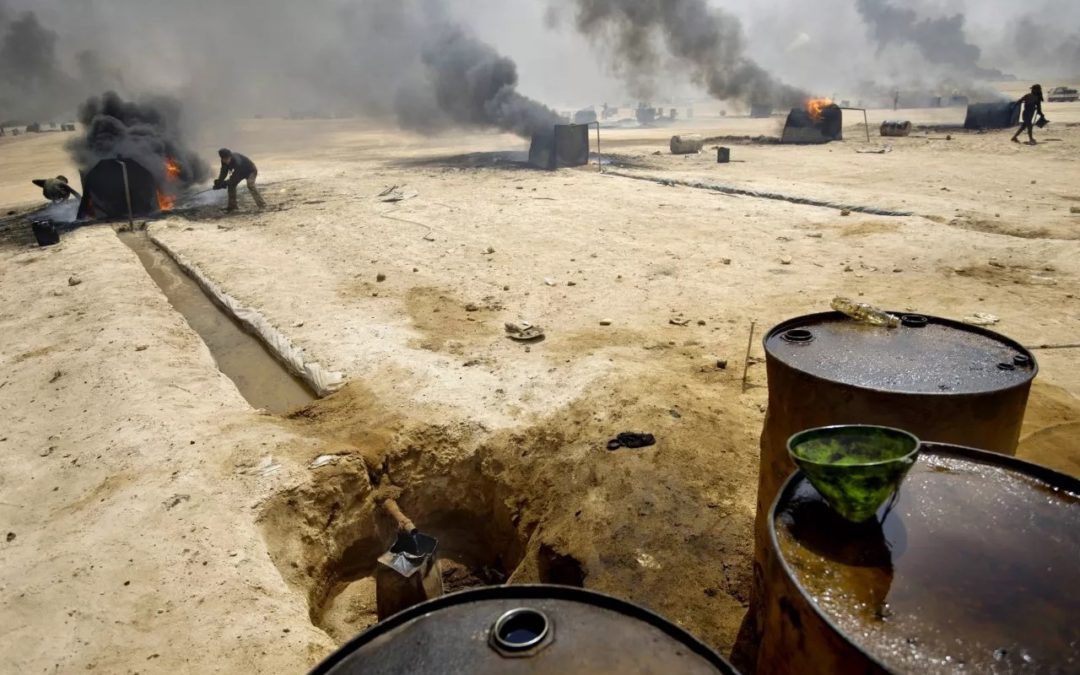
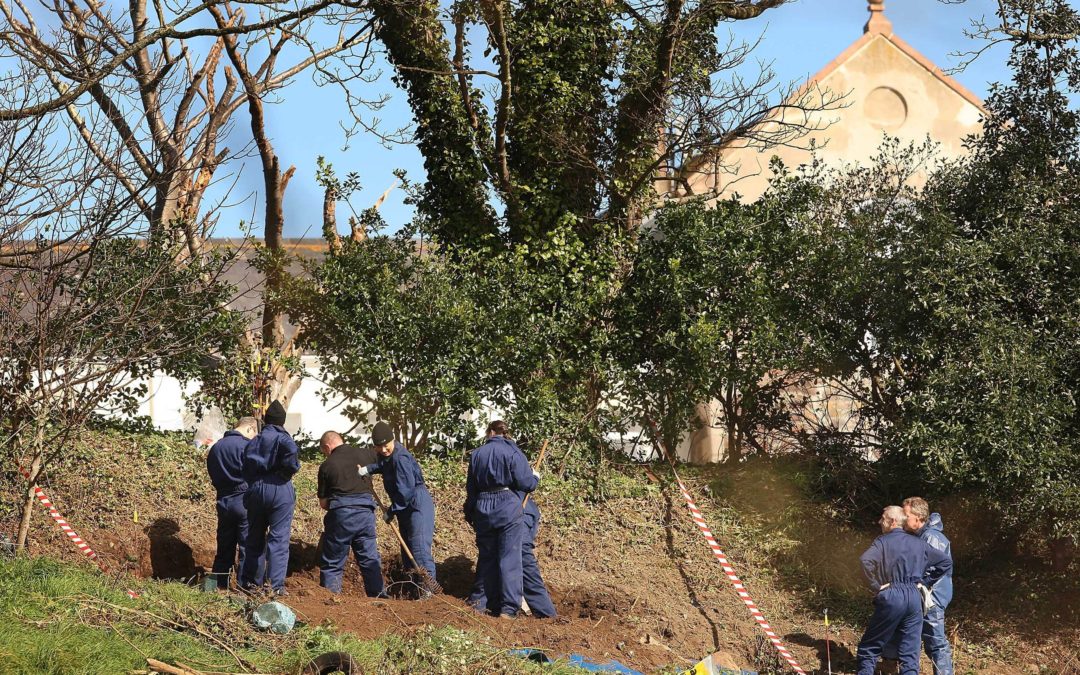
Neil McMurray used to be a professional fisherman and crabber—until one of his children was repeatedly bullied in school and he found himself investigating what he began to view as a startling lack of concern for the welfare of children in his tiny island home.